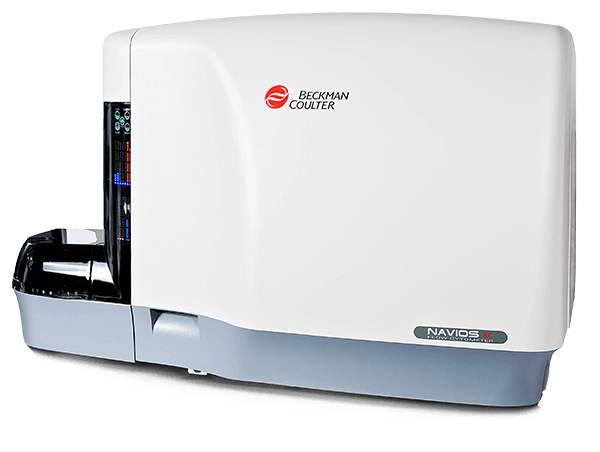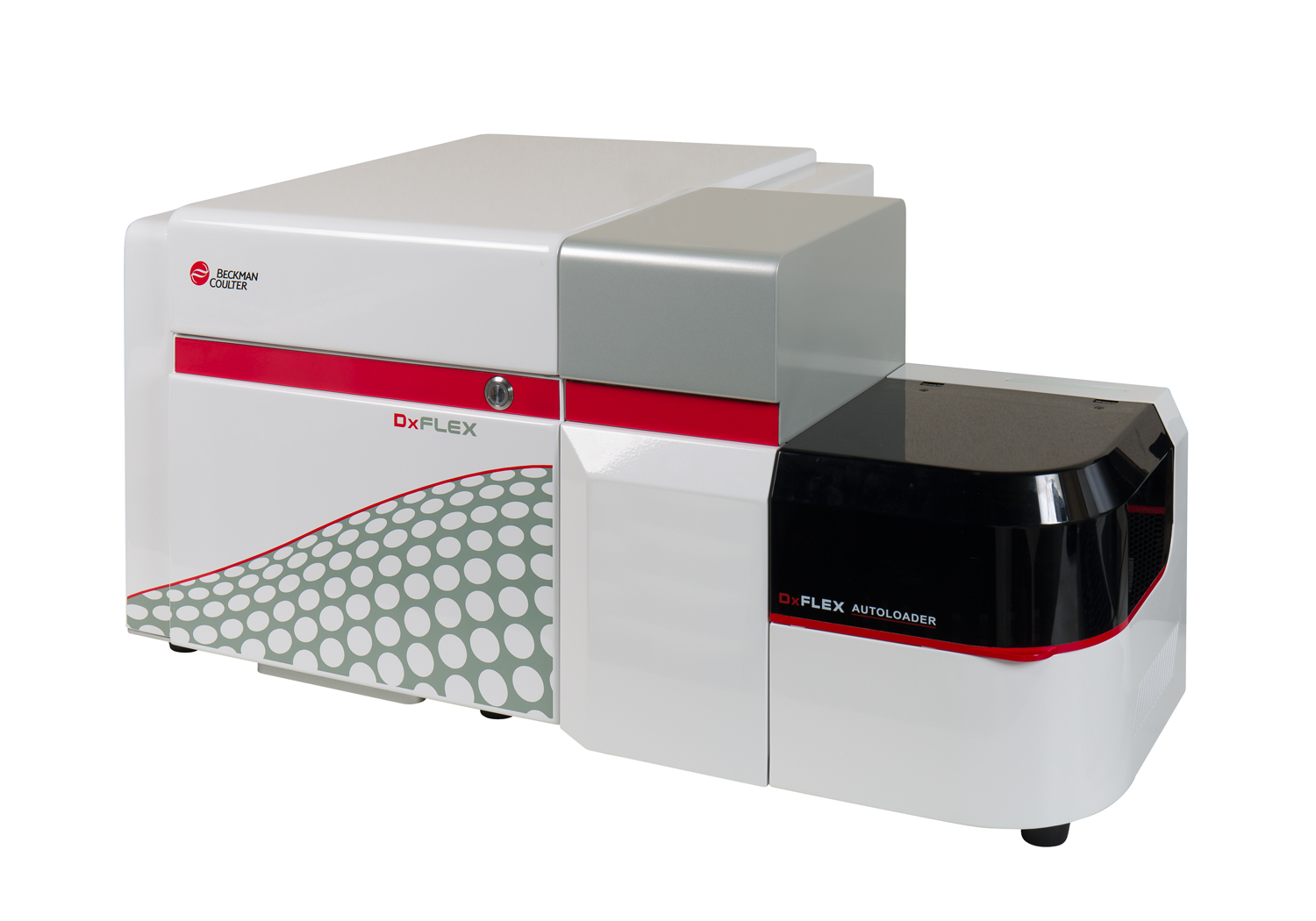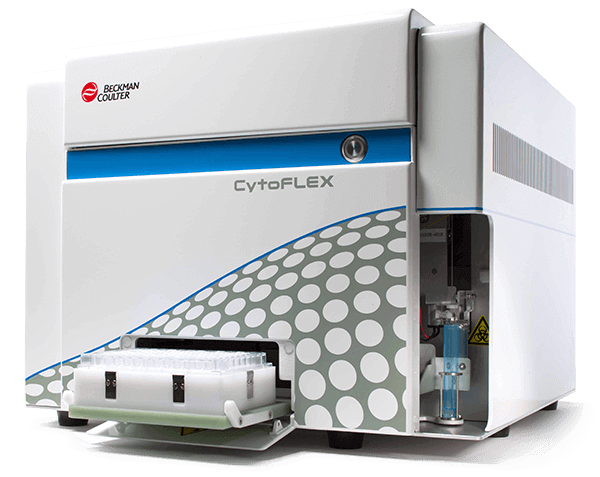TNF Alpha Antibodies
Tumor necrosis factor α (TNFα) or cachectin is a cytokine that was first identified based on its cytotoxic activity against various cell lines and tumor cells. Human TNFα is synthesized as a pro-protein with a molecular weight of 26 kDa (membrane-bound form). The pro-protein is cleaved by a specific metalloprotease (TACE) yielding a monomeric, soluble form of 17 kDa. Under physiological conditions, TNFα forms a homotrimeric protein. This cytokine is primarily produced by mononuclear phagocytes, and by activated lymphocytes. Immunostaining allows intracellular detection of TNFα before it can be detected by a bioassay. TNFα acts on target cells by binding to two types of receptors, the TNFα receptor I (TNF-RI or CD120a) and the TNFα receptor II (TNF-RII or CD120b). TNFα elicits a wide spectrum of immune and inflammatory responses, including the induction of other cytokines and immunoregulatory molecules, cell growth and differentiation and apoptosis. This molecule is also involved in Th1 - Th2 (T helper 1 - T helper 2) cytokine pathways (or Type 1 - Type 2 responses), as a Th1-effector cytokine.
| Clone: IPM2 (188) | Isotype: IgG1 Mouse |






